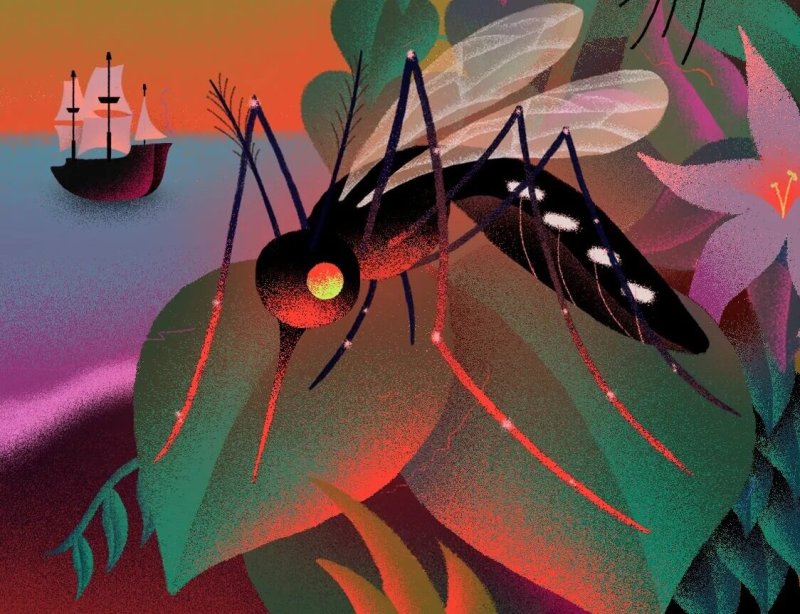British biotech company Oxitec plans to kick off a months-long experiment in which it will release billions of Aedes aegypti mosquitoes in California and Florida. But these aren’t just any mosquitoes — they’re genetically engineered so that they don’t bite, and will, if all goes according to plan, eventually reduce the population of mosquitoes in these areas.
Follow the latest news and policy debates on sustainable agriculture, biomedicine, and other ‘disruptive’ innovations. Subscribe to our newsletter.
Proponents say, at scale, such a program would result in:
- Less mosquito-borne illness
- Little ecological impact since mosquitoes are not a keystone species
- Less pesticide use, currently used against mosquitoes, which means better protection of local plants and animals
- Little or no negative impact on humans as the mosquitoes are safe, quick, and effective
Opponents say:
- Mosquitoes may not be a keystone species, but other animals do eat them and so eliminating the insects may in fact have an ecological impact
- There could be unintended consequences, such as a hybrid species or the creation of a new ecological niche that other animals, which carry potentially even more lethal diseases, could move into
- It takes expensive, large-scale trials to have certainty about safety and efficacy
Follow the latest news and policy debates on sustainable agriculture, biomedicine, and other ‘disruptive’ innovations. Subscribe to our newsletter.
Others envision even more far-reaching applications, such as species conservation (by helping native species become immune to disease or even to the harsher conditions of climate change).































